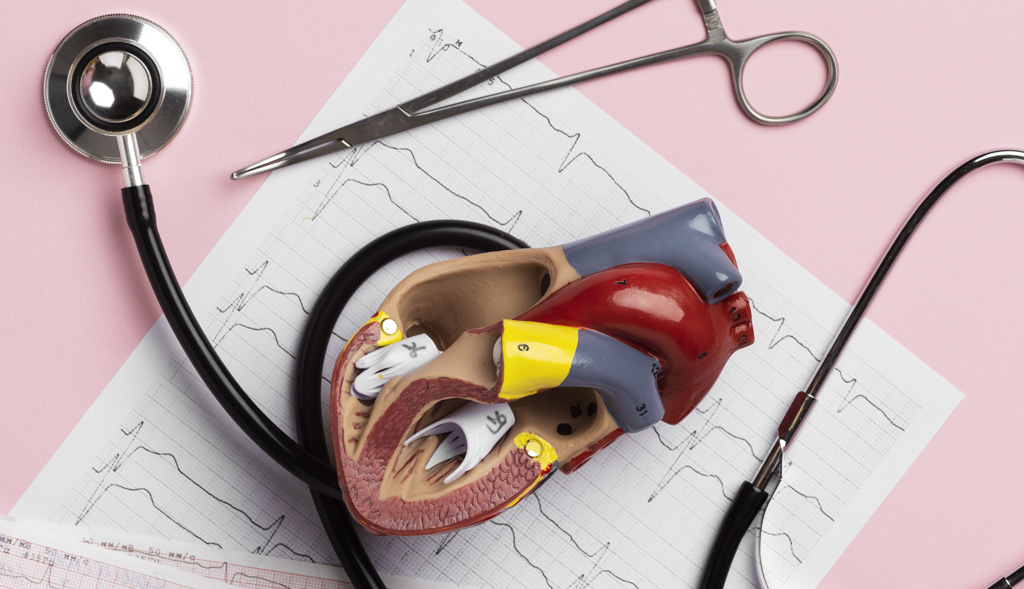
In order to maintain cardiovascular health, it is important to distinguish between a heart attack and a stroke. It is crucial for timely intervention and effective treatment. Both are life-threatening and share some common symptoms. Understanding their nuances is imperative. Eastern Diagnostics here sheds light on the major differences between the two critical health issues.
The Impact
A heart attack, or myocardial infarction, occurs when blood flow to a part of the heart muscle is blocked, commonly due to a blood clot. The blockage can damage or destroy a part of the heart muscle, affecting its inability to pump blood effectively.
A stroke, cerebrovascular accident, is the result of disruption of blood supply to the brain. The disruption can occur due to a clot blocking an artery (ischemic stroke) or due to bleeding in the brain (haemorrhagic stroke). Strokes can lead to impaired brain function and various neurological complications.
The Symptoms
Heart attack symptoms may include chest pain or discomfort, shortness of breath, or pain radiating down the arm and jaw. Other signs are nausea, lightheadedness or cold sweats. Stroke symptoms can manifest as sudden numbness or weakness in the face, arm or leg, especially on one side of the body. Speech difficulties, confusion and severe headaches may also accompany a stroke.
Actions to Take
If and when a heart attack is suspected, swift action is crucial. Emergency medical services or a doctor should be contacted immediately. The person may be advised to chew an aspirin to improve blood flow to the heart.
In case of a stroke, recognizing the signs and seeking prompt emergency assistance is vital. Time is of the essence, as certain medications and interventions are effective within a certain period of time.
Diagnostic Tools
Heart attacks are diagnosed through electrocardiograms (ECG), certain blood tests and angiograms.
Stroke diagnosis is done through brain imaging techniques such as MRI’s or CT scans. These tests help determine the type of stroke and the affected areas of the brain.
Risk Factors
Common risk factors for heart attacks include high blood pressure, high cholesterol, smoking, obesity and a family history of cardiovascular disease.
Stroke risk factors include similar risk factors like hypertension, smoking, diabetes and family history. Moreover, specific factors such as atrial fibrillation (irregular heart rhythm) may increase the likelihood of a stroke.
Eastern Diagnostics at Your Service
We, at Eastern Diagnostics, wish to make you aware that heart attacks and strokes share certain similarities, recognizing their distinct features is vital for prompt and accurate medical attention. We emphasize the importance of regular health check-ups and a healthy lifestyle to avoid the risks of these life-threatening issues. Remember, knowledge plays a key role in their prevention and overall well- being.
